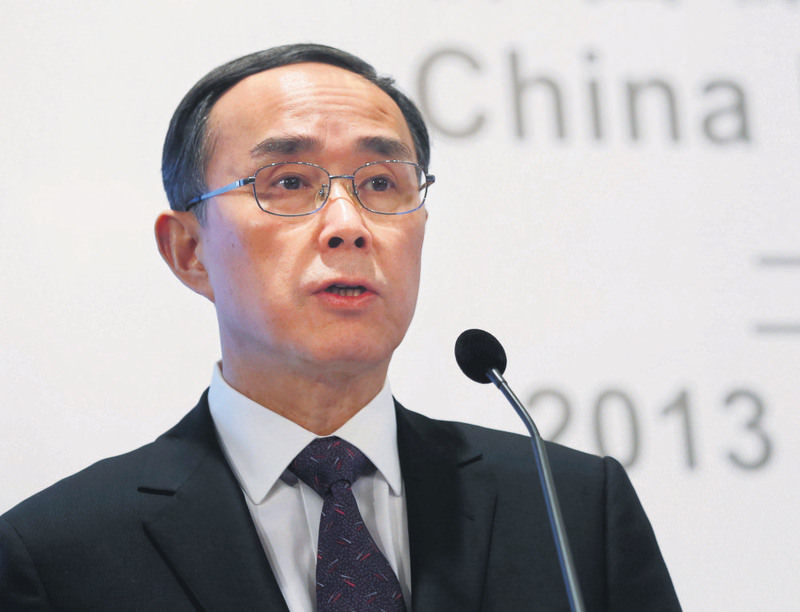China Telecom chairman resigns amid probe

The chairman of one of China's three main state-owned phone carriers resigned on Wednesday following an announcement he is the target of an anti-corruption investigation. China Telecom Ltd. chairman Chang Xiaobing is the latest in a string of dozens of executives at major state-owned companies to be detained or questioned in a steadily expanding, 3-year-old anti-graft crackdown led by President Xi Jinping. Chang also resigned as chief executive, China Telecom announced.It said its chief operating officer, Yang Jie, would serve as chairman and CEO until a permanent replacement is named. The ruling Communist Party's Central Commission for Discipline Inspection said Sunday that Chang was suspected of "serious violations," its term for corruption. Chang, 55, joined China Telecom in August from China Unicom Ltd., another state-owned phone company. The party routinely moves executives around among companies in the same industry. Chang is the most senior telecoms industry figure to be announced as a target of the anti-corruption campaign that has snared executives at state-owned energy, auto and other companies.The crackdown brought down a former member of the party's inner circle, Zhou Yongkang, who was sentenced to life in prison on corruption charges, and a former chairman of PetroChina Ltd., Asia's biggest oil producer. Executives of local units of China Mobile Ltd., the third main state-owned phone carrier, also have been detained by anti-graft investigators. Meanwhile, China will combine two of its state-owned shipping giants, the companies said, the sector's second multi-billion-dollar merger in a month as the government pushes consolidation of its nationalised enterprises. Sinotrans & CSC Holdings Co., the nation's third largest shipping company, will become a wholly-owned subsidiary of China Merchants Group (CMG), a conglomerate with interests in transport, finance and property, according to company statements. Both are among the more than 100 state-owned companies which report directly to the central government, though Sinotrans will no longer do so after the restructuring.China, the world's second-largest economy, is overhauling its dominant state-owned sectors to make them more efficient as it grapples with stalling growth.
Last Update: December 30, 2015 21:19
